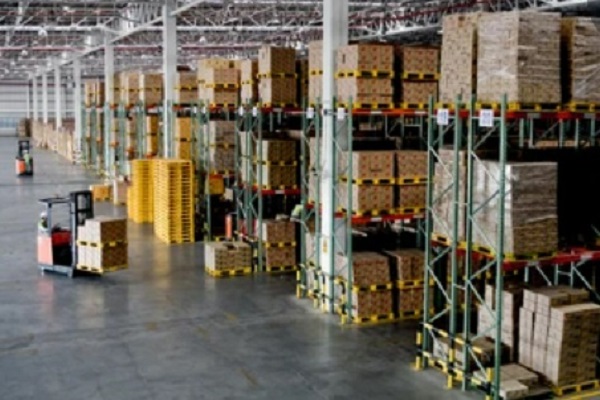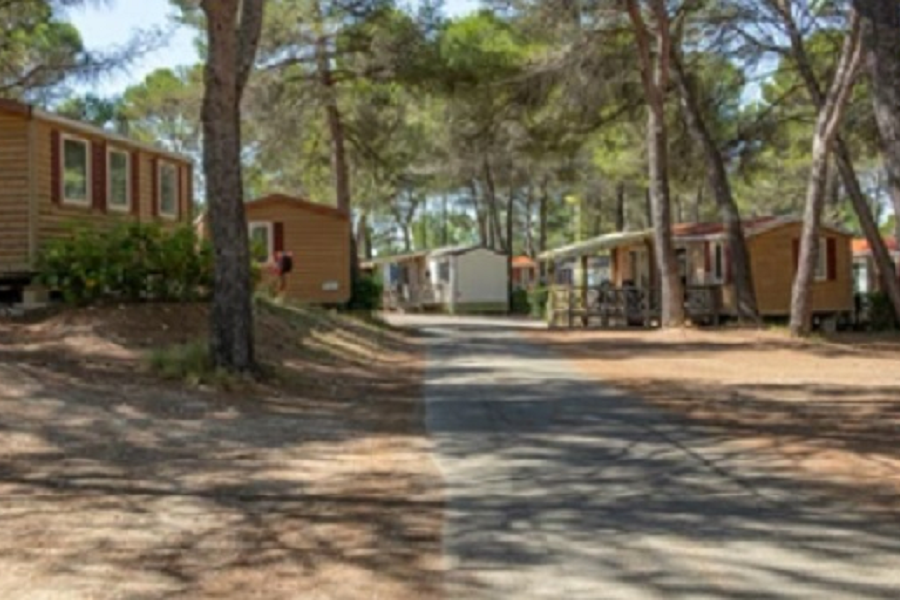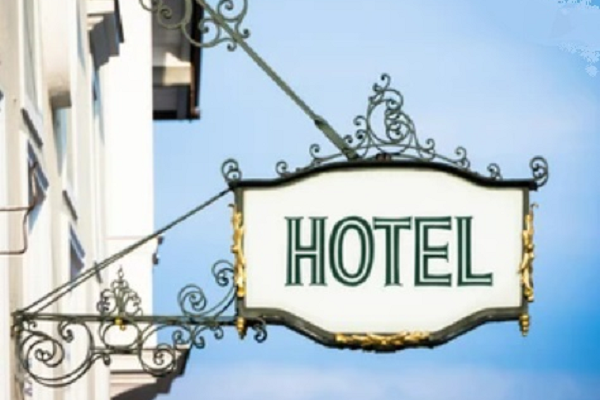Regulations on offices in France : Everything you need to know
Offices are essential workspaces for businesses and professionals in France. However, the use of these spaces must comply with strict regulations to ensure the safety, health, and well-being of workers.
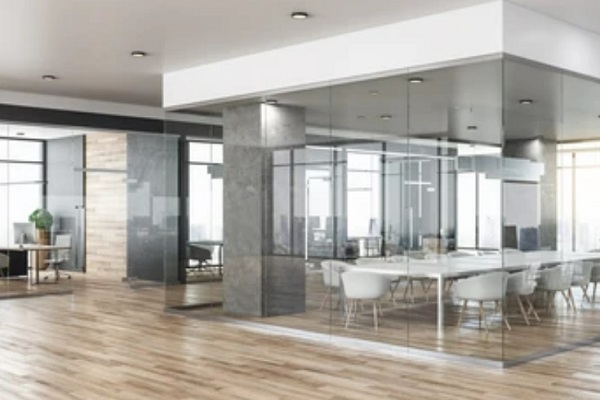
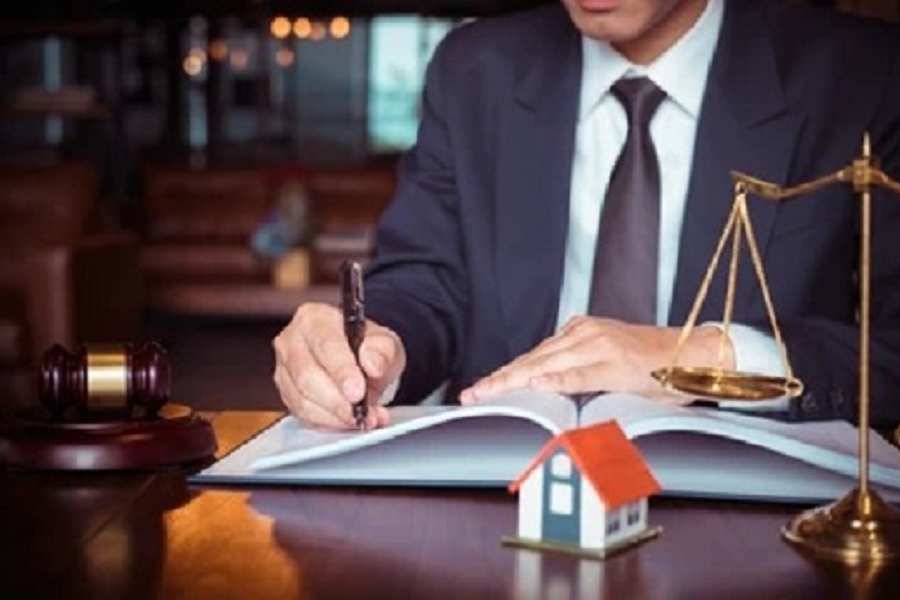
Regulations on Offices
Layout Standards
The NF X 35-102 standard issued by AFNOR in 1998 specifies the minimum dimensions of workspace for employees based on their number and type of office. For individual offices, the standard recommends a minimum surface area of 10 m² per employee. In the case of a collective office, the minimum area is 11 m² per employee, to be multiplied according to the number of employees present (for example, 22 m² for two employees, 33 m² for three employees, etc.). For noisy collective spaces requiring regular use of phones, the recommended minimum surface area is 15 m² per employee. It is important to note that these minimum dimensions can be modified depending on the addition of furniture, equipment, and other necessary devices for the activity.
Regarding noise (R. 4431-1 to R. 4435-4 of the Labor Code), the employer must take necessary measures to protect workers’ health in case of exposure to noise. The first prevention actions must be put in place when noise exceeds 80 dB.
Regarding lighting (R. 4223-1 to R. 4223-12 of the Labor Code), offices must benefit as much as possible from sufficient natural light. Minimum levels of brightness are established according to the rooms, and the level of lighting must be adapted to the nature of the tasks to be performed. When sunlight is bothersome, appropriate devices must be put in place to filter them.
Regarding glazing (R. 4213-3 of the Labor Code), windows must be located at eye level to allow a view of the outside, except in cases of incompatibility with the nature of the activities performed.
Safety Standards
Safety is a crucial element to consider in the layout of offices. Indeed, workers must be able to work in a safe environment to avoid accidents and occupational hazards. In France, the regulations provide for several safety standards for offices.
Firstly, offices must be equipped with a fire detection system, as well as suitable extinguishing means. Emergency exits must be marked and accessible at all times, and premises must be equipped with first aid equipment.
Secondly, electrical outlets must be installed to avoid the risks of short circuits and overheating. Electrical cables must be fixed to avoid the risks of falling and tripping.
Finally, offices must be equipped with office furniture that meets safety standards. Chairs and armchairs must meet the NF EN 1335-1 and NF EN 1335-2 standards, in particular, to ensure the comfort and safety of workers.
Accessibility Standards
Accessibility is a major issue for offices in France, particularly for people with disabilities. French regulations provide for several accessibility standards for offices, including the NF P 01-020 standard.
This standard provides, in particular, for the installation of access ramps, elevators, and adapted toilets for people with disabilities. Doors must be wide enough to allow wheelchair passage, and equipment must be installed at an appropriate height for people with disabilities.
It is also important to note that since 2015, companies with more than 20 employees have an obligation to implement an accessibility plan for people with disabilities. This plan must describe the measures taken by the company to ensure the accessibility of premises, equipment, and services.
Health Standards
Worker health is a major issue for companies in France. To ensure the health of workers, French regulations provide for several health standards for offices. Offices must comply with hygiene standards to ensure workers’ health. It is recommended that offices be cleaned regularly and surfaces disinfected to prevent the spread of disease.
Article R. 232-2-1 of the Labour Code requires companies to provide workers with the necessary means to ensure their individual cleanliness. Thus, the company is required to provide toilets that do not communicate directly with the work areas. The number of toilets required is calculated according to the maximum number of workers present in the establishment at any one time. For men, the company must provide one toilet and one urinal for every 20 employees, while for women, it must provide two toilets for every 20 employees. In the case of a mixed workforce, the company must provide separate toilets for men and women.
The special case of coworking spaces
It is important to note the specific case of coworking spaces. According to Article R143-2 of the Construction and Housing Code, establishments that receive the public (ERP) are defined as buildings, premises, and enclosures where people are admitted, either freely or for a fee. The ERP status implies constraints, particularly in terms of fire safety and accessibility for people with disabilities, as well as obtaining prior administrative authorization for any modification or development work. A specialized technical controller is mandatory in ERP of 1st, 2nd, 3rd, and 4th categories. Classified coworking spaces are generally categorized as W (for offices) or L (for meeting rooms), depending on their capacity and the nature of their exploitation. Establishments hosting fewer than 200 people are classified in the 5th category, the least restrictive.
The regulation of offices in France is strict to ensure the safety, health, and well-being of workers. The standards for layout, safety, accessibility, and health must be respected to guarantee a comfortable and secure working environment for all. Companies must therefore be vigilant and take into account these standards in the layout of their offices to ensure the health and safety of their employees.
About the Author :
Business lawyers, bilingual, specialized in acquisition law; Benoit Lafourcade is co-founder of Delcade lawyers & solicitors and founder of FRELA; registered as agents in personal and professional real estate transactions. Member of AAMTI (main association of French lawyers and agents).
FRELA : French Real Estate Lawyer Agency, specializing in acquisition law to secure real estate and business transactions in France.
Paris, 19 Rue du Colisee, 75008 Paris
Bordeaux, 78 Cours de Verdun, 33000 Bordeaux
Lille, 40 Theater Square, 59800 Lille

This article is provided for general information only and may not reflect the most recent legal or tax developments. It does not constitute legal advice. Please contact us for personalised guidance before making any decision.

